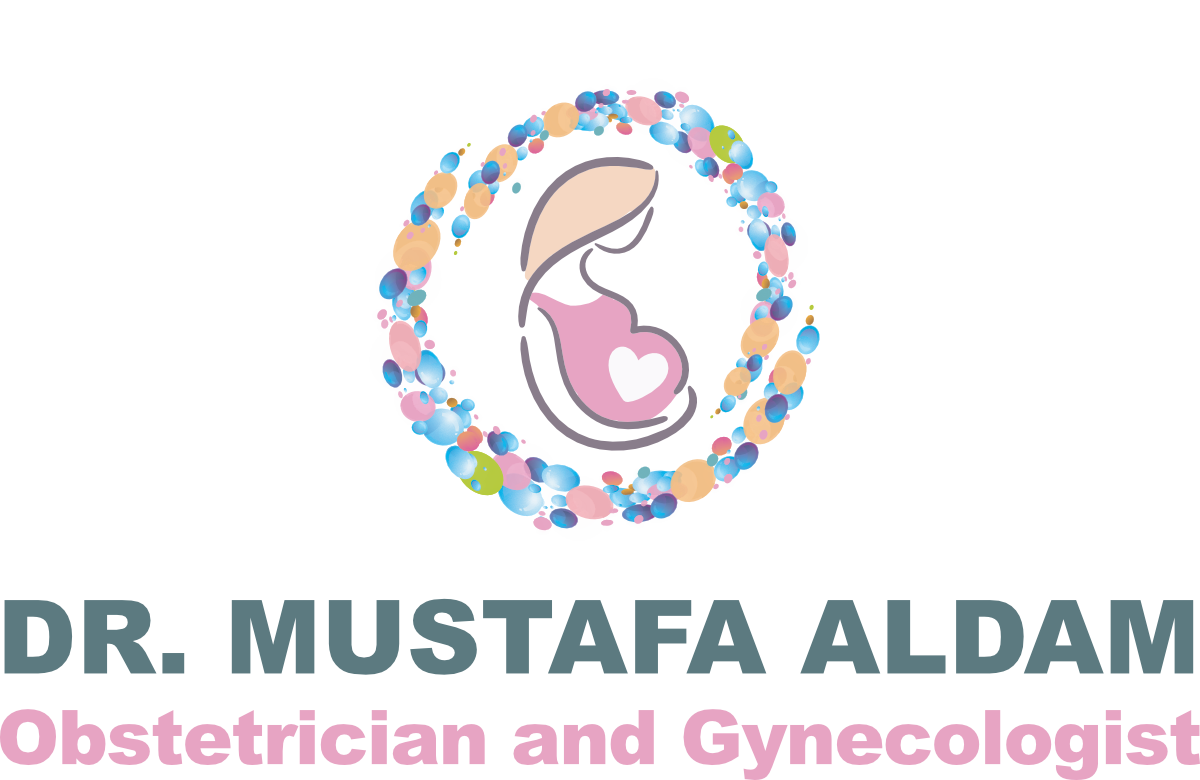Why does morning sickness occur in pregnancy?

The good news is here; you have conceived! You are super excited and probably on cloud nine. You are busy planning things, sharing the news with your friends and family, and have fallen short of words to express your happiness!
But what to do about the morning sickness that has tagged along?!!
Don’t worry, it is pretty common! Morning sickness is probably the most typical and perhaps the first and foremost sign of your gestation period.
Fact Check Morning sickness affects approximately 70% of pregnant women. Nausea and vomiting can be severe in about 3% of people. |
What is morning sickness?
Morning sickness is a sensation of nausea or vomiting that occurs during pregnancy, most commonly in the first trimester. Morning sickness, despite its name, can occur at any time of day or night. Most women experience morning sickness at some point of their pregnancy period. Nevertheless, it usually passes by the second trimester for the majority of them.
What are the symptoms of morning sickness?
Morning sickness symptoms can include:
- Nausea
- Vomiting
- Psychological effects such as depression and anxiety
Why do pregnant women have morning sickness or giddiness?
Morning sickness is associated with hormonal changes that occur during pregnancy, though the exact cause is unknown.
Nausea is caused by an imbalance of dietary potassium and magnesium, low blood sugar, and low levels of vitamin B6 (pyridoxine). Following a diet rich in whole foods and vitamins, and minerals will aid in staying healthy and well throughout your pregnancy.
Why do some women suffer more often from this problem than others?
Some women are more likely to suffer morning sickness during their pregnancy. While morning sickness is difficult to predict, women who have had morning sickness in the past are more likely to have it again.
By which trimester does morning sickness go away?
Morning sickness is most evident between 6 and 14 weeks of pregnancy (first trimester). Although we call it “morning sickness,” it can occur at any time throughout the day.
Having said that, morning sickness after week 10 of pregnancy is unusual. So, if this happens to you, let your doctor know about it. This will help him rule out other health conditions and give you peace of mind.
Can morning sickness get severe?
Yes, sometimes. Most people who suffer from morning sickness feel nauseous for a short period of time each day and may vomit once or twice. In severe cases of morning sickness, nausea can last for several hours each day, and vomiting is more common. This most severe form of nausea or vomiting, which affects up to 3% of pregnant women, is known as hyperemesis gravidarum.
If your morning sickness doesn’t seem to go away and rather worsens, you may be put on an intravenous (IV) drip to cover up the lack of essential salts and fluids and to prevent dehydration. If you are vomiting after eating or drinking, see a doctor right away because early treatment can save you and your baby’s lives.
Can morning sickness harm your baby?
Even though morning sickness is unpleasant and distressing, there is no evidence that it can harm your baby. However, nausea may influence your food choices. Both you and your baby require a steady supply of a variety of nutrients from the foods you eat. Speak with a doctor if you believe your morning sickness isn’t allowing you to eat healthily.
The birth of myth Since morning sickness causes anxiety and depression in pregnant women, it led to the mistaken belief that morning sickness is entirely psychosomatic, implying that the woman’s fears and anxieties cause her physical discomfort. |
How can morning sickness in pregnancy be managed?
- In the morning, eat a few crackers or toast to help settle your stomach. In fact, keep a few crackers by your bedside and eat a couple before getting out of bed.
- Instead of three large meals daily, eat five or six small ones.
- Avoid foods that are spicy or fatty. Bananas, rice, dry toast, plain baked potatoes, gelatin, broth, eggs, tofu, or applesauce are examples of bland foods.
- Vitamin B6 supplements can be beneficial, but doses exceeding 200 mg daily can be harmful. However, take your doctor’s advice.
- Snack on healthy foods like yoghurt, peanut butter on apple slices, celery, cheese, milk, or nuts between meals.
- Keep yourself hydrated throughout the day. Drink plenty of fluids, especially water.
- Prenatal vitamins should be taken with a snack. If your prenatal vitamin contains iron, try taking it before going to bed. Discuss other vitamin options with your doctor.
- Avoid strong odors, flickering lights, and other situations that bother you and make you feel sick.
- Make ginger tea or ginger candies with freshly grated ginger.
- Get enough rest.
- Keep rooms well-ventilated, use a fan, or go outside every now and then to get some fresh air.
- Smell fresh, pleasant scents like lemon, orange, or mint.
When is morning sickness considered to be serious?
If you are experiencing severe nausea or vomiting, or if you suspect that you have hyperemesis gravidarum, you should consult your doctor.
Other indications that you should see a doctor include:
- Extreme fatigue
- Dramatic weight loss
- Dehydration as a result of an inability to keep fluids down
Looking for specialized guidance for your pregnancy journey?
Our physician Dr. Mustafa Aldam is a highly experienced and specialized gynecologist and obstetrician. With 20 years of vast exposure in this field, he has taken care of many complex and conventional pregnancy cases successfully.
For morning sickness in pregnancy, he helps you create a healthy and enjoyable meal plan, consigns you to a certified dietician, and, if required, even refers you to a specialist for further tests. He carefully understands your symptoms and prescribes you medicine like an antiemetic or vitamin and mineral supplements to ease your discomforts. Besides, Dr. Mustafa is always in touch with you for regular follow-ups and to decide the next line of treatment if symptoms persist.
Schedule your appointment for a detailed discussion.
